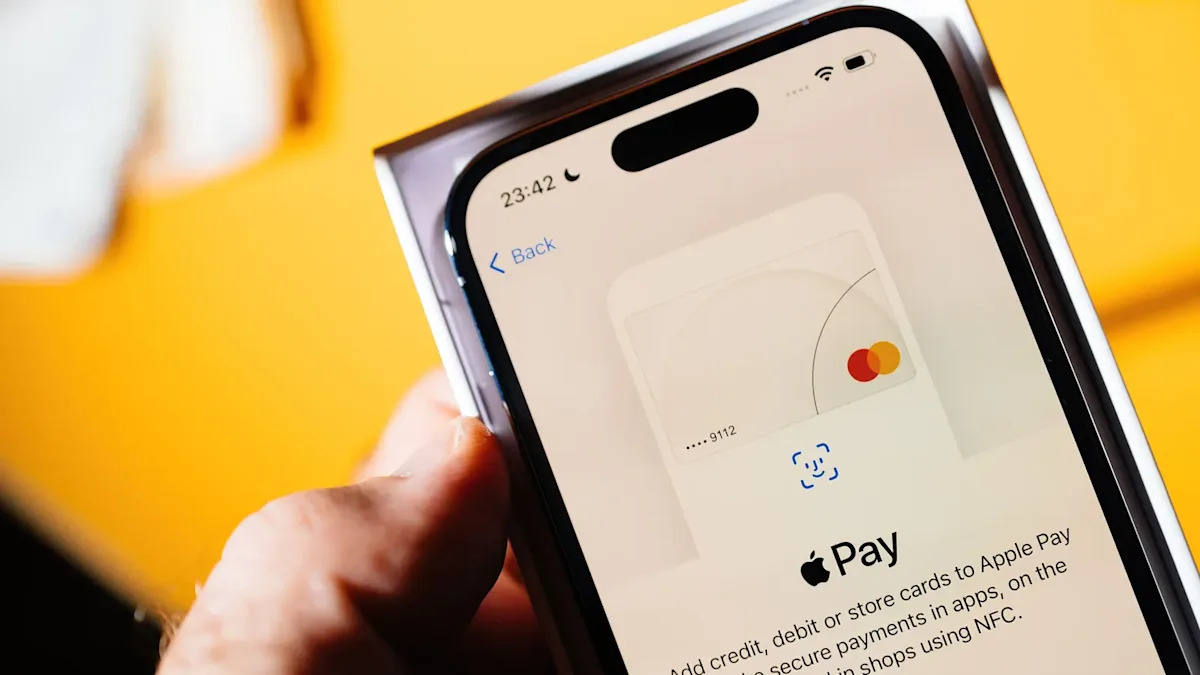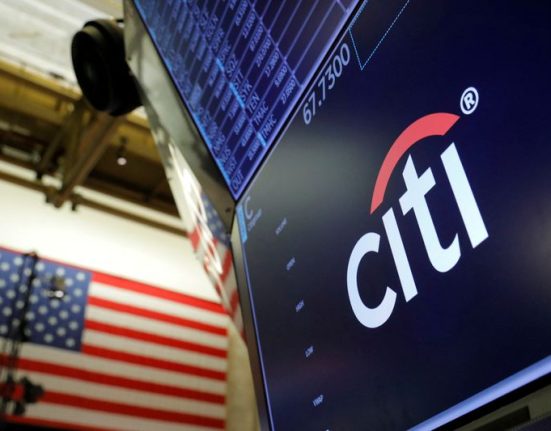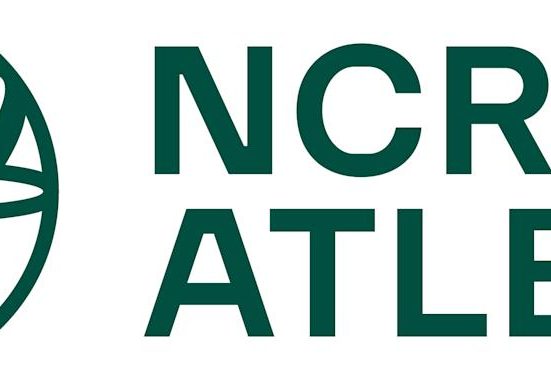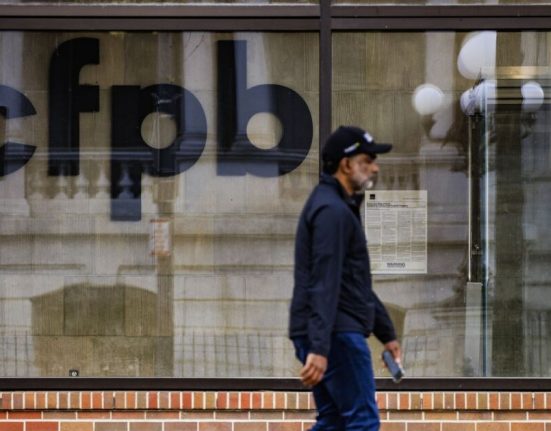This story was originally published on Payments Dive. To receive daily news and insights, subscribe to our free daily Payments Dive newsletter.
Mastercard CEO Michael Miebach expects the open banking trend to keep gaining ground, and seems to prefer that over banks charging for consumer data.
The card network chief gave his view on the recent controversial practice of banks charging for consumer data Thursday after an analyst asked about it during the company’s second-quarter earnings call.
It has emerged as an issue after JPMorgan Chase said last month it would begin charging fintechs that seek to aggregate and use consumer data that JPMorgan Chase has collected. Other banks could follow suit as fintechs seek to amass data from many financial institutions.
The decision by JPMorgan, the largest U.S. bank, followed a pullback by the Trump administration on open banking, also known as open finance, which allows consumers to more easily shift their data between companies.
The administration reversed course by saying in May that it would scrap the open banking rule issued by the Consumer Financial Protection Bureau during the Biden administration. The rule was aimed at giving consumers more control over their data and a smoother path for switching from one financial services provider to another.
Last week, the administration softened its position on open banking rule, telling a federal judge overseeing litigation related to the opening banking rule that the agency would seek to revise the regulation.
In touching on the U.S. developments, Miebach noted open banking has taken hold in Europe and Australia, calling it an “important topic.”
“Our fundamental belief [is that] consumer consented data and their ability to share that is very important, and that will be a winning proposition over time,” he said
He also showed that he believes open banking is generally a positive phenomenon. “This whole idea that a consumer can use their data footprint to avail [themselves] of better services in the finance space…I think it’s a good notion and it generally resonates and will not go away,” Miebach said.
In 2020, Mastercard acquired data-sharing startup Finicity for $825 million to advance its ability to provide services related to the use of consumer data by fintechs, banks and other lenders. That’s particularly an advantage in an open banking environment that has given rise to fintechs competing to offer services, often via new customer apps. Banks have been keen to fend off competition from those nascent firms.







